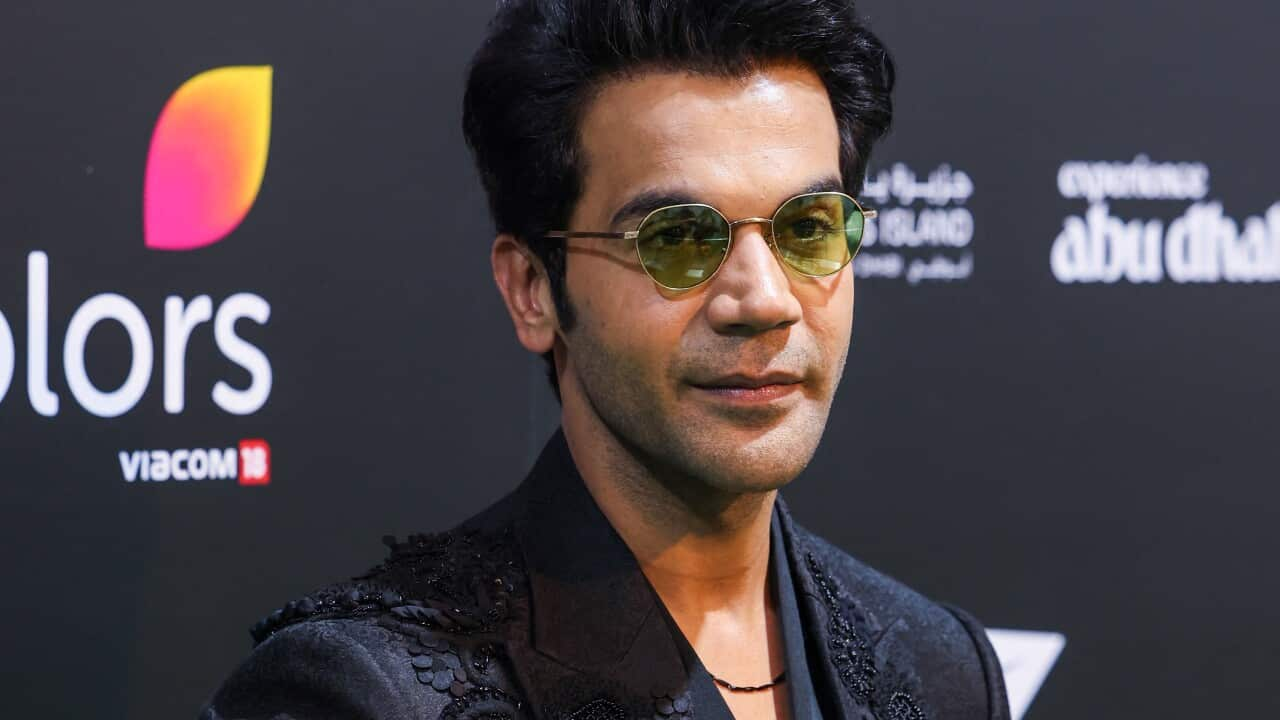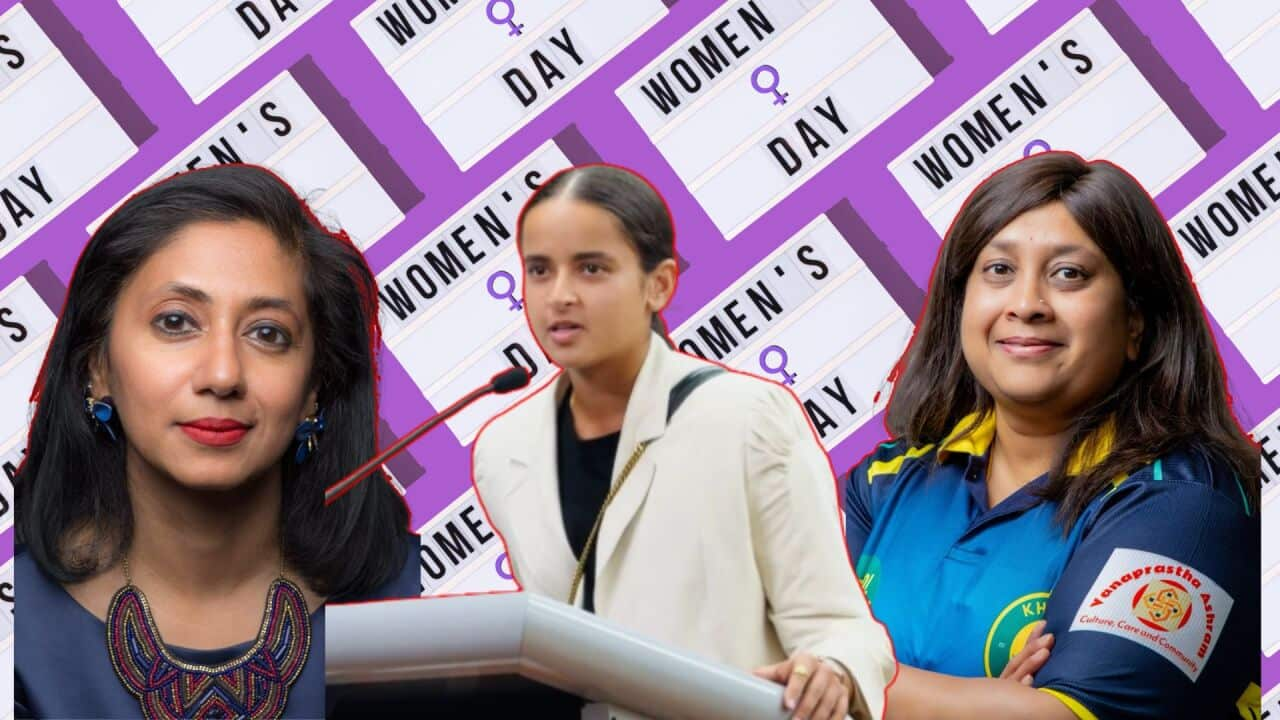The use of technology (computers, Internet, mobile phones, cameras, social media) to bully someone with the purpose of hurting or embarrassing them socially or physically is cyberbullying. Unfortunately, it appears to be on the rise in today’s inter-connected world. In this interview, I talk to Dr Ritesh Chugh (Senior Lecturer – School of Engineering and Technology) from Central Queensland University about this growing danger and what can be done to curb it.
Dr Chugh outlined that cyberbullying can take many forms. It could occur through abusive, hurtful and harassing phone calls, text messages, emails and social media messages. All of these could lead to humiliation for no fault of the person being bullied. He also said that such people often created fake social media profiles to bully people online and then spread online gossip from there. Exclusion from online discussions could also be another form of cyberbullying.
The effects of cyberbullying can be debilitating. In the interview, Dr Chugh said that cyberbullying affects people in different ways. They could feel alone, hopeless, depressed, afraid and ultimately stressed. In order to stop or mitigate cyberbullying, he outlined the importance of immediately talking to a trusted person – parents, teachers and friends for support and guidance. He also emphasised the importance of not engaging in any discussion with the person who is bullying. On social media, he suggested that friend requests from seemingly fake profiles should not be accepted and if such people already exist on your friend list, block them immediately. If you are being subjected to cyberbullying, the collection of evidence was also recommended.
The tables could also be reversed. Sometimes it could be your child who is bullying others. So, talk to them, talk to their teachers, develop their social skills, ask them to be accepting of differences, and importantly ask them how they would feel if they were bullied.
If cyberbullying has reached to a stage, where none of the other interventions help, call 000 with all supporting evidence (screenshots of text messages and social media posts). There is also a Kids Helpline, available to people from the age of 5-25 that offers free confidential counselling and support.
Dr Chugh’s concluding thoughts were to stand up against cyberbullying as it could happen to anyone, support people who are being bullied and stand up for them.



